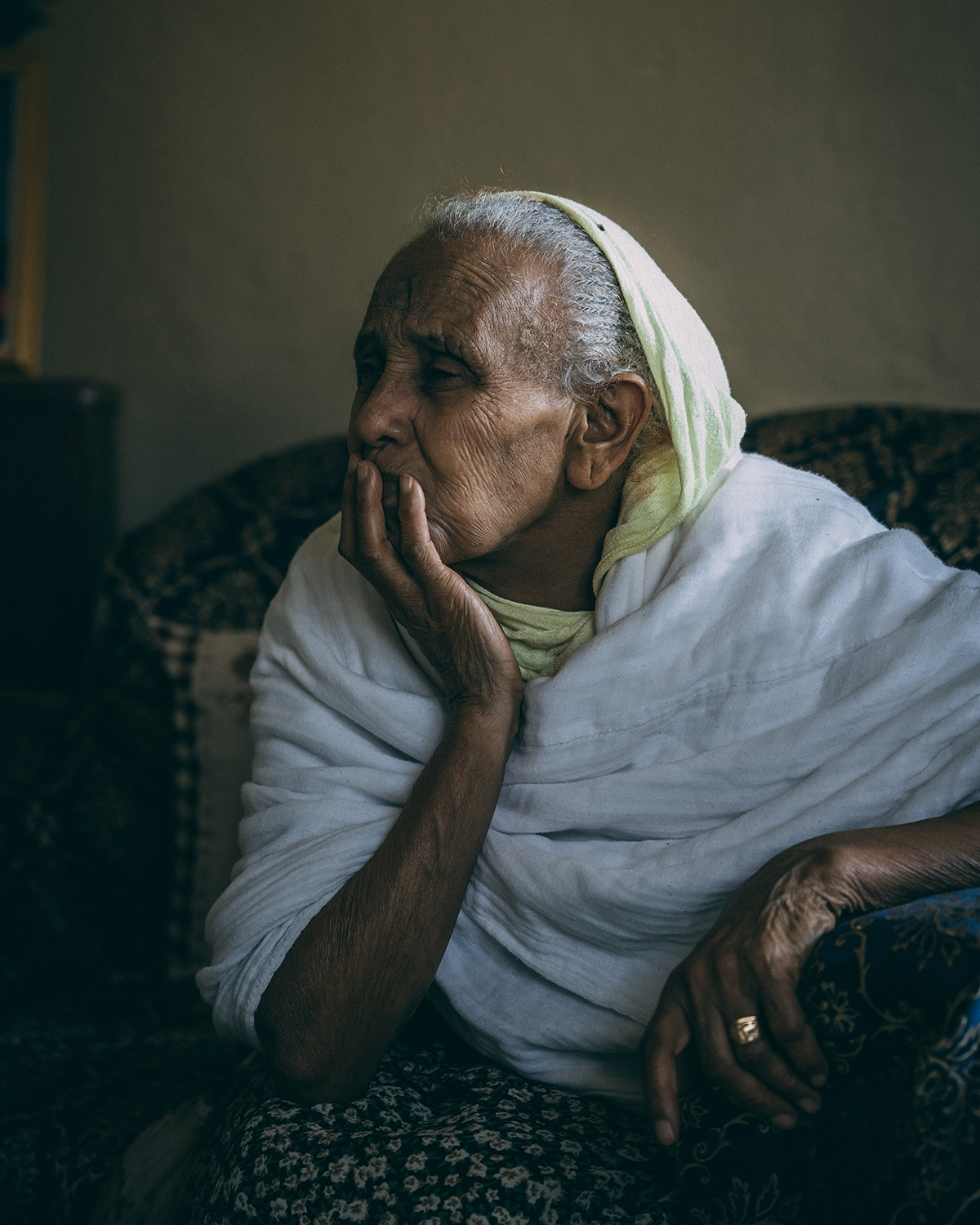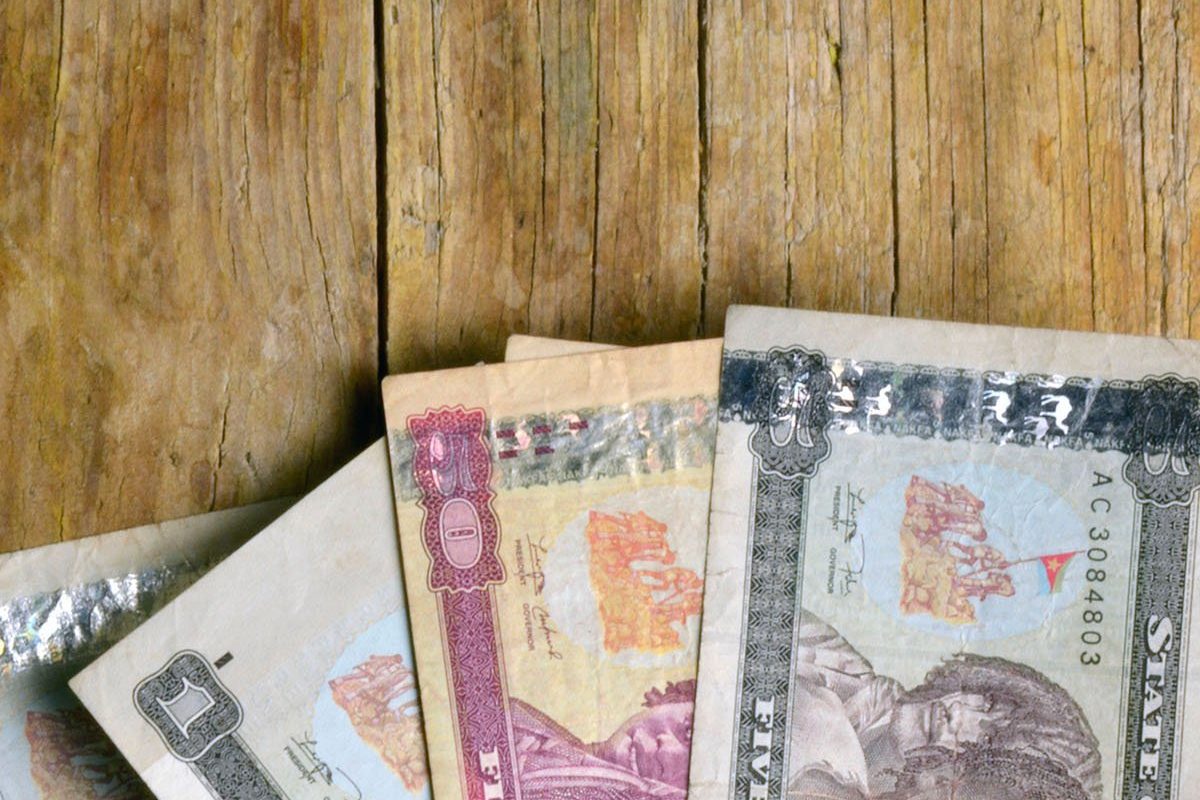In November of 2020, a war broke out in Tigray that has caused catastrophic damages to all sides involved and the stability of East Africa in general. Recently, TPLF (Tigray People’s Liberation Front) was able to turn the table from being attacked to narrowing into Addis Ababa in hopes of removing Prime Minister Abiy, the person responsible for inciting this war in November 2020, with help from his partner, dictator Isaias Afewerki of Eritrea. Therefore, now that situations have turned out this way, every Eritrean is asking just one thing, after seizing Addis Ababa, where is TPLF heading?
All Eritreans except fervent Eritrea’s PFDJ (People’s Front for Democracy and Justice) supporters will agree that the Eritrean army had no business interfering in a war that had by all accounts nothing to do with Eritrea. Still, this involvement has left Eritrea vulnerable to attacks by TPLF soldiers that may seek vengeance. And judging by some TPLF soldiers singing this tune on social media, it is not a far-fetched theory.
Hence now we find ourselves at a crossroad where Eritreans are terrified at the idea of TPLF entering Asmara for two main reasons, the safety of their loved ones and the country’s sovereignty. However, excluding extremists on both sides, some Eritreans see this as a critical time when Eritreans can partner with TPLF or Tigray groups to remove Isaias, who they say is a bigger enemy and a more significant threat to both regions than either is to each other.
However, some Eritreans hate this idea, saying repeatedly, “we can’t trust them,” and that partnering with TPLF or “Woyane” is not an option to remove Isaias and that we must solve our issues without calling on outside help.
However, the former believe that the enemy of our enemy is our friend at the moment and that we need to take advantage of the current situations while protecting our interests. It is also worth mentioning that the former group advocates that if TPLF decides to enter Asmara, we can’t stop them and that they will not ask for our permission and that partnering with them before they do could be a better scenario for Eritreans.
Amidst all the noise, you may wonder about the deep bitterness between Eritreans and Tigrayans and the hostility that seems to run deeper than this war.
What is the history between the people of Tigray and the people of Eritrea?
The Eritrean people and Tigray people have a history that stretches as far as the 1700s. And although diving into that history in this short article would not be feasible, and though the exact history slightly differs from both perspectives, it has always been a troubled relationship, both of partnership and dispute.
The most recent partnership is that of EPLF (Eritrea’s People Liberation Front), now PFDJ and TPLF, in the thirty-year war that allowed Eritrea to gain its independence and Tigray to then govern Ethiopia by defeating the Dergi regime in 1991.
But not long after this historic partnership which set both nations on a bright road, the 1998-2000 war broke out between them that claimed the lives of at least 70,000 people and displaced millions. There are several reasons why this war broke out; their seemingly perfect partnership was only superficial, with animosity brewing even when they fought together to eliminate the same enemy. And not surprisingly, both sides have a different story about why the conflict broke out. Reasons for the war circulated around the border demarcation, the introduction of the Nakfa currency, and ideological differences.
To many Eritreans, the events that occurred in this timeline are the reason for Eritreans’ mistrust towards Tigrayans. This mistrust is not only because the former TPLF leader, PM Meles Zenawi, failed to recognize the border demarcation that awarded Badme to Eritrea but also because of the mass expulsions of about 42,000 Eritreans from Ethiopia when PM Meles said, “if we say ‘Go because we do not like the colour of your eyes,’ they have to leave.”
To many Eritreans, the latter is still a personal and a bitter crime they cannot forgive. These issues led to the 20-year no peace no war state that President Isaias used as an excuse to hold on to power, imprison his countless comrades that questioned him, and deprive Eritrea of all and any development. Isaias used this time to spew more disinformation, hate, and further mistrust of Tigrayans to the Eritrean people, which deprived both sides of any possible reconciliation.
However, through many personal experiences from Eritreans, it also seemed that Tigrayans, or Ethiopians in general, still fail to accept Eritrea as a sovereign country and still consider it the escaped state that should again rejoin Ethiopia. A merged map of Eritrea and Ethiopia in certain Ethiopian restaurants or social media posts by Ethiopians suggests this to be true. A triggering ideology for many Eritreans, which many feel needs to change permanently.
The 20-year silence was broken in 2018 when the new Prime Minister Abiy Ahmed said he wanted peace with Eritrea and would recognize the border demarcation, which according to Isaias Afewerki, was the reason for the contention between Tigray and Eritrea, and why Eritreans were living in dire situations.
This, of course, wasn’t the case as the border is yet to be demarcated. To the surprise of many Eritreans, this was not an allegiance of peace as we had hoped but of two dictators who were out to destroy a common enemy, “the TPLF,” and further their ruling.
Is there a difference between TPLF and Tigrayans?
The simple answer is yes; there is a big difference. The TPLF is a political party that ruled Ethiopia for two decades until Prime Minister Meles Zenawi’s death. Many Tigrayans disapprove of TPLF as their leading party but have no choice but to turn to the TPLF, nonetheless, for protection from the many enemies TPLF has made them vulnerable to.
It is true that during their leadership, TPLF has been repeatedly criticized for atrocities and the land grab of the other ethnolinguistic groups of Ethiopia. Different sides also explain how the TPLF asserted Tigrayan supremacy, teaching Tigrayans to hate other groups of Ethiopians, heavily undermining the unity of the Ethiopian people. In this way, many believe TPLF is an enemy to Tigrayans.
Is it correct to call what’s happening in Tigray a genocide?
Another point of contention these days is whether it is correct to call what was conducted in Tigray by the Eritrean army a genocide or not. Some argue that according to the definitions of genocide, it should not be called genocide and that calling it so will put a heavy burden on the future of Eritrea. Others argue that according to the definition, it is, in fact, a genocide.
And some people wonder why this politically correct analysis of what’s happened is even essential in the first place. They argue that Eritreans can’t deny the atrocities committed by the Eritrean army in Tigray, many condemned it and hated it, and it will forever be a part of our dark history. Whether one decides to call what happened in Tigray a genocide or not, those same atrocities have been committed and will not change because of the name we give it.
What does the future hold for Eritreans and Tigrayans, and what is the best outcome going forward?
Among all sides that have been discussed, you may find yourself on one of them. You may still distrust Tigrayans or TPLF or both, or you may be pushing to work with them. Whatever your stance is, you must agree that the best future for both people is peace.
The situation is only getting worse for Eritreans. There is little to no access to electricity, water, and food. Our people are suffering. Eritrean refugees’ human rights are consistently violated, and we have to watch them suffer and die all over the world. It is paramount to understand that nothing else takes more precedence than immediately alleviating these problems. A country is not a country without its people; a nation comes to be for its people. Hence in all that we do, and in every fight and argument we face, we must not lose sight of this.
All sides of this war have paid dearly, and too many mistakes have been made too many times for us to choose anything other than peace. The multi-decade issues between Eritreans and Tigrayans must be reconciled by good-willed leaders on both sides willing to call for peace. Therefore, both people’s responsibility is to put forth and call for leaders to broker peace.
Extremism still exists on both sides. Colliding ideas often appear. For any sensible person, vengeance is not and cannot be an option. Peace is still the only way forward. To ask anyone to forget their pain is impossible, but forgiveness is always possible. Calling on old wounds will only open new ones and put both people in a cycle of vengeance that may not stop for years to come. It is foolish to dream of building a prosperous Eritrea without first building a healthy, peaceful relationship with Tigray, with Ethiopia, and all other neighbors. It’s also important for us to recognize the disparities we have within Eritrea, whether political or regional, and work to reconcile them.
Both sides are bitter about many things, and these wounds will not heal overnight. Still, through a respectful relationship of mutual benefit, sovereign recognition, and partnership to eliminate hate, these two regions can go far and mend their wounds for prosperous nations.
If you agree, please consider posting with the #peaceforEri and let’s call for peace.




